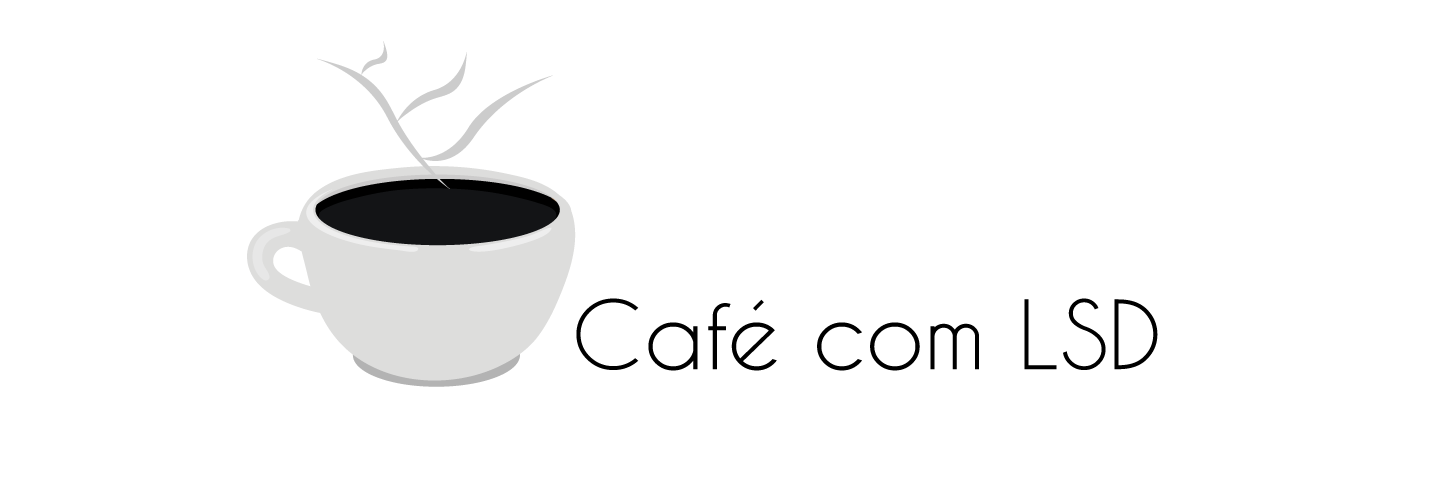When Carl Sagan published The Demon-haunted World, in 1995, he warned about the problem of pseudoscience and conspiracy theories, noting the importance of spreading skeptic and scientific thinking for the lay population. Past more the 20 years, probably Sagan would be disappointed seeing that, after two decades, the overview is identical (even worse in some aspects) than in the 90’s on the USA.

Brazil lives nowadays the rebirth of conspiracy theories, long dead ideas, that are coming back, this time, in a most auspicious context: the age of instantaneous share and tireless seek for clicks and likes. From laughable theories with theoretical basis imported from middle ages like the idea of flat earth, to real harmful chains as anti-vax, the fact is that they only have a large space to replicate because of real science divulgation is still incipient.
To analyze the problems in scientific divulgation, we can divide it in two types. The first one is the propagation of scientific discoveries, the second the propagation of the science methods and philosophy. In first moment may not seen like a big difference, however as we’ll see next, this apparent subtlety is reflected as an abyss in the practice.
Propagation of scientific discoveries is a fundamental part of scientific practice and it must be one of the pillars of research, after all produce knowledge to keep it under lock and key sounds really selfish and useless. However there are a lot of problems which prevent scientific dissemination, between them we can mention: lack of incentive for disclose, difficulty of researches to reconcile their job with science spreading and unconcern of science agents about the relevance of divulge their work. But even if its small, the first type is considerably better explored than the second, fact that, as we shall see below, seems like a big mistake.
An article of 2003, from the University of Tennessee evaluated, through a simple quiz, what would be the correlation between level of scientific education and skepticism about themes like popular superstition, conspiracy theories and pseudoscience. This paper showed a weak correlation among scientific education (same as at graduation level) and denial pseudoscience and conspiracies. In short, the belief in these ideas are not reduced with scientific education.

Table available in the article of Tennessee University, showing the percentage of deniers of each pseudoscience, according to the major (science or non-science).
Another study, performed in Taiwan, about fortune-telling, shows that exist a positive correlation between scientific education and predicting the future, which confirms the misconception of thinking that our efforts to spread science are increasing, or at least influencing, the grow of skeptical think among people. However, there is an interesting issue to be analyzed on that paper. The researches distinguished people’s knowledge in two categories: the factual knowledge, in other words, how much did they know about scientific facts, and the knowledge about scientific method.
When the categories are analyzed apart, something interesting can be noticed. People with just a common sense understanding of scientific facts really do tend to believe in fortune-telling. However, among people who show good knowledge about the methods or philosophy of science, the level of acceptors of fortune-telling drastically decrease.
This research gives a good idea of what science promoters can do to minimize the damages and decrease the support to these conspiracy theories and pseudoscience: spread, besides the facts, also the way by which scientist arrived at this conclusions. They must stop teaching just physical theories or biological ideas and start promoting the philosophical tools and the method that can allow the lay public to recognize what is or isn’t real science.
We need more promoters who look at epistemology and philosophy of science not only as useful in science practice, but also as a knowledge of great relevance to be divulgated. Knowledge that can’t remain stuck on books and universities, but rather be object of spread in large scale, so that someday we can see that kind of misinformation and unfounded theories just like ghosts of a forgotten past.
Literature:
Sagan, Carl. The demon-haunted world: science as a candle in the dark. New York: Ballantine Books, 1995.
Johnson, R.M. 2003. Is knowledge of science associated with higher skepticism of pseudoscientific claims? University of Tennessee Honor Thesis Projects.
Paichi, P.S.; Li, Y.; Huang,T. 2004. Relationship between scientific knowledge and fortune-telling. Public Understanding of Science, 23, pp. 780-796.

“The candle flame gutters. Its little pool of light trembles. Darkness
gathers. The demons begin to stir.” [Sagan, C.]
O blog é ótimo, até onde pude ver. Só lamento que as publicações não são em português. É preciso divulgar, em qualquer lugar do mundo. E no Brasil não é diferente, mas tem um agravante: é preciso divulgar em português. Infelizmente, a maior parte das pessoas que precisa do trabalho dos divulgadores científicos [no nosso país] não conseguem ler um texto em língua inglesa [talvez por isso mesmo precisem tanto, já que não conseguem buscar as informações elas mesmas].
Um abraço.
João.
CurtirCurtir
Oi João, muito obrigada pelo seu comentário! Nós entendemos – e concordamos – com o seu ponto de vista, é de fato necessário obter abrangência na comunicação. Pensando nisso, nós também temos um blog em português (com o mesmo conteúdo desse aqui) que pode ser conferido neste link. A intenção é incorporar a tradução também no wordpress, estamos buscando a melhor maneira de fazer isso, para que o maior número de pessoas seja atingido.
Bianca.
CurtirCurtir